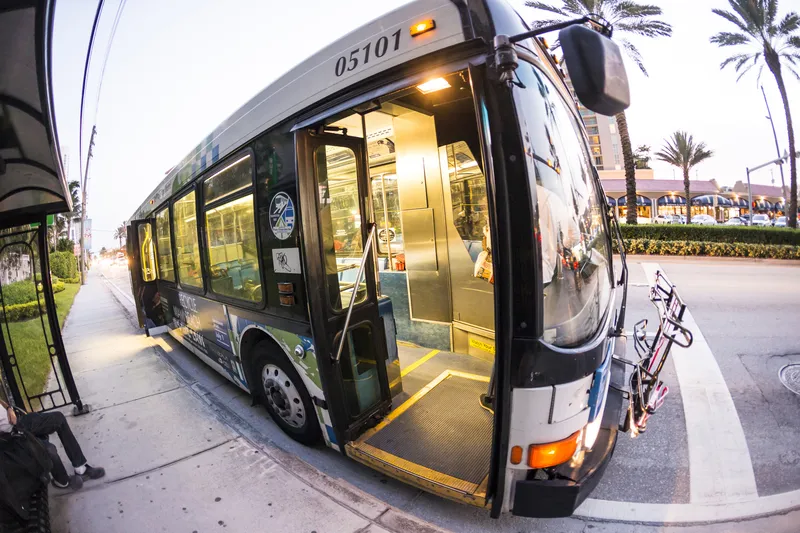
The US Department of Transportation's Federal Transit Administration (FTA) has announced $20m funding "to create new opportunities for those experiencing poverty".
The new Notice of Funding Opportunity (NOFO) is to help "improve transit in areas experiencing long-term economic distress" in rural and urban areas.
"Transit is the great equaliser – particularly in rural areas, where having access to an affordable, reliable bus ride means people can get to their destinations, in a timely manner," said FTA Administrator Nuria Fernandez.
The grant money comes through FTA's Areas of Persistent Poverty (AoPP) Program, which aims to provide more resources to underserved and disadvantaged communities seeking to expand or improve transit systems.
AoPP "ends isolation and opens doors to opportunity for those who do not have a car or cannot drive", Fernandez adds.
"At a time when transportation is the second-largest household expense for most American families, it is more important than ever to ensure that everyone has access to affordable public transit," said US transportation secretary Pete Buttigieg.
The new money "will make it easier for people in our most underserved communities to access jobs, school, healthcare, and other vital services".
Projects will be selected based on the evaluation criteria in the NOFO, including President's Biden's Executive Order on Advancing Equity Through the Federal Government.
Special consideration will be given to projects that mitigate air, water, and ground pollution.
Since 2020, FTA has awarded 70 projects, worth $24.6m, including $495,000 to Alabama's Regional Planning Commission of Greater Birmingham to help connect people living in areas of persistent poverty to the city’s bus rapid transit system.
The Delaware Transit Corporation received $630,000 to improve transportation for low-income areas in the Route 9 Corridor by enhancing bus service, microtransit and pedestrian access to jobs, schools, healthcare, and other services.
Projects will be evaluated by criteria outlined in the NOFO. Apply by 11:59pm ET on 10 March, 2023.








